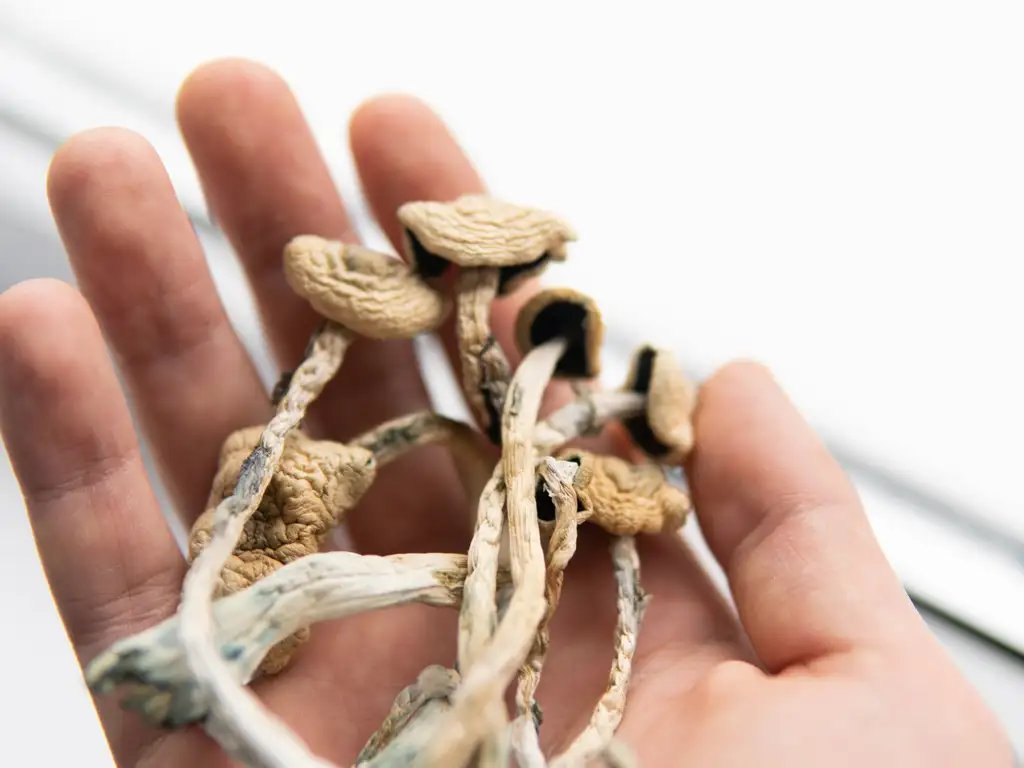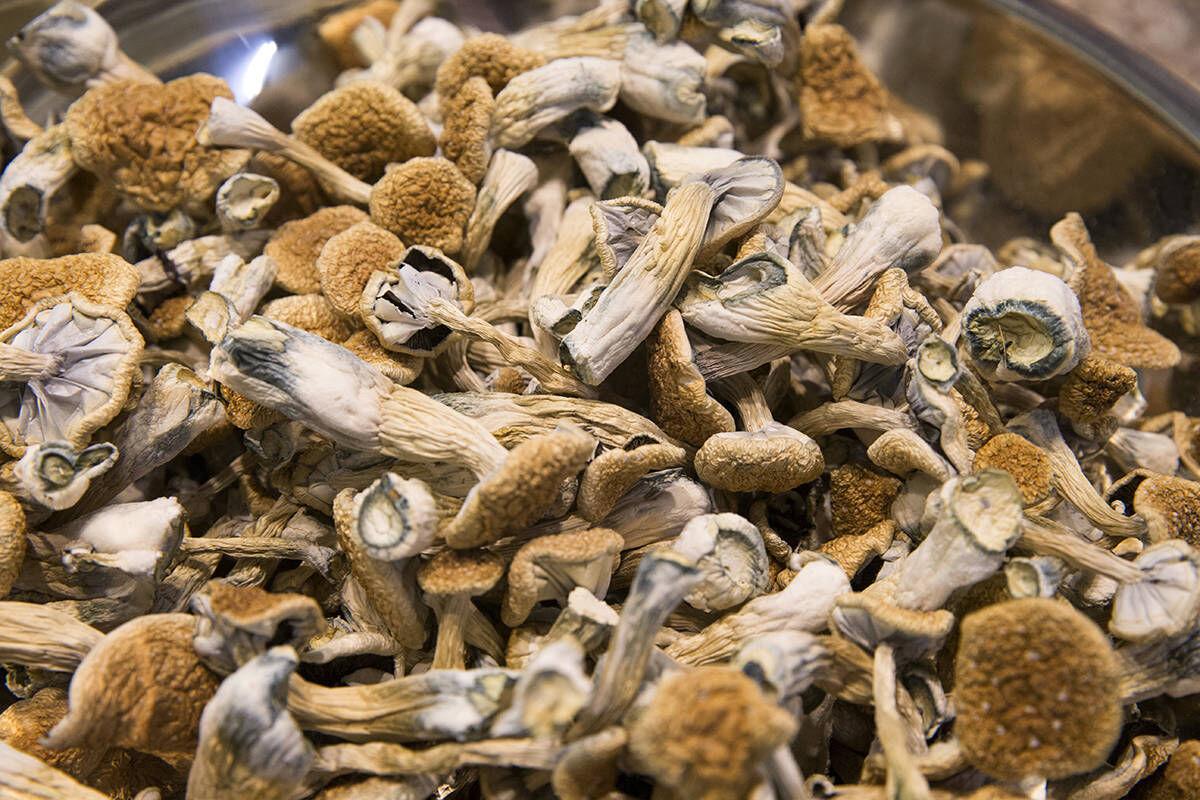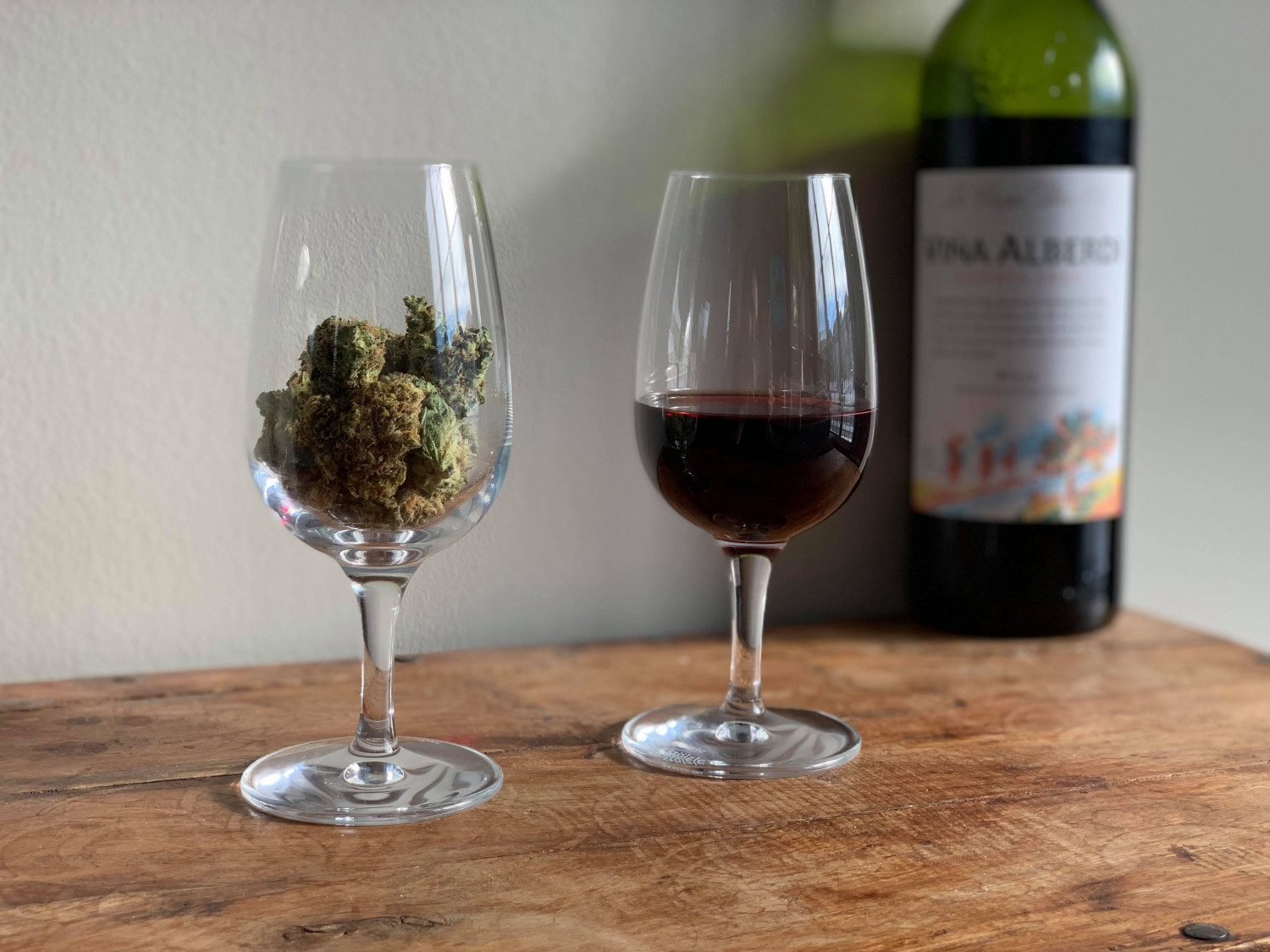A bill to legalize the medical use of psilocybin in New York was introduced today by Assemblymember Patrick Burke (D) and referred to the Assembly Health Committee.

The measure, Assembly Bill 3775, serves as a companion to Senate Bill 495, which was filed on January 8 and sent to the Senate Finance Committee.
The legislation would create a framework for the medical use of psilocybin, allowing patients to receive supervised treatment under the guidance of certified facilitators, including mental health professionals, physicians, and other qualified practitioners. The bill outlines licensing requirements, research initiatives, and legal protections for patients and facilitators participating in the program.
Continue reading














